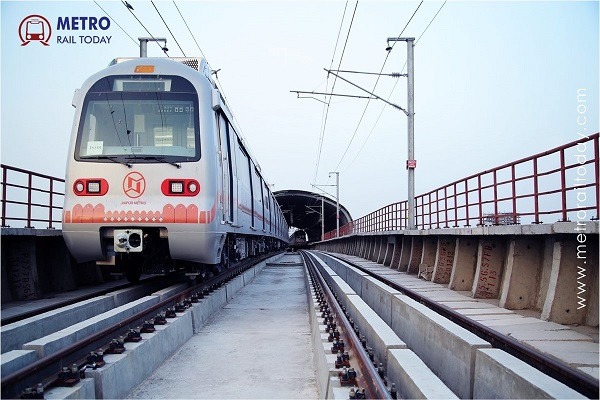 First global civil tender worth ₹1,145 crore launched for Jaipur Metro Phase 2 Project
First global civil tender worth ₹1,145 crore launched for Jaipur Metro Phase 2 Project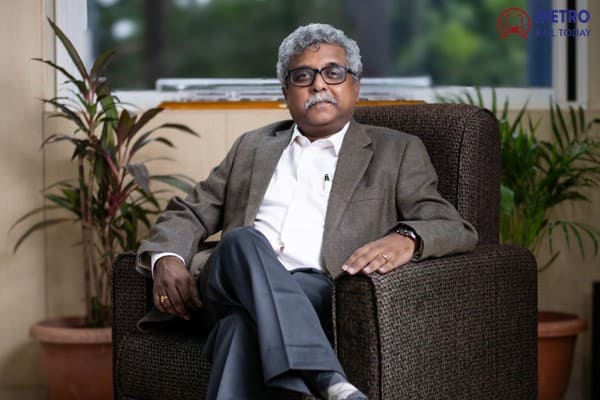 Vande Bharat to Vision 2047 — How ICF is Leading India’s Next Rail Revolution?
Vande Bharat to Vision 2047 — How ICF is Leading India’s Next Rail Revolution?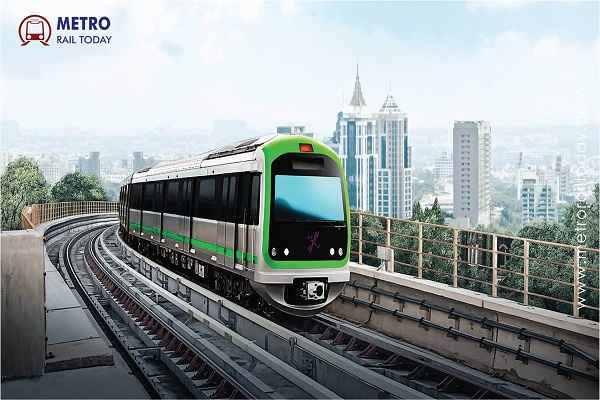 India's first Bengaluru–Hosur Interstate Metro Corridor declared Technically Infeasible
India's first Bengaluru–Hosur Interstate Metro Corridor declared Technically Infeasible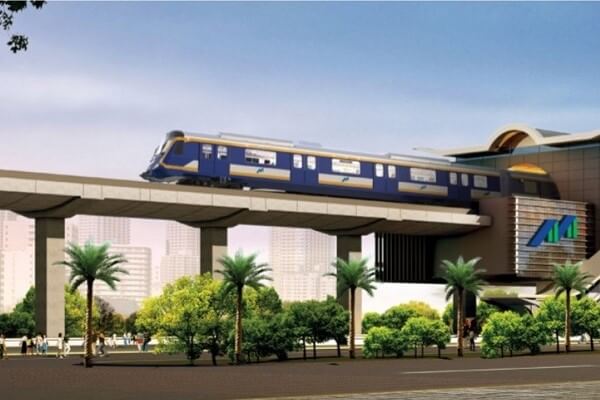 MMRDA awards ₹129.63 crore contract for Multimodal Integration on Mumbai Metro Lines 4 & 4A
MMRDA awards ₹129.63 crore contract for Multimodal Integration on Mumbai Metro Lines 4 & 4A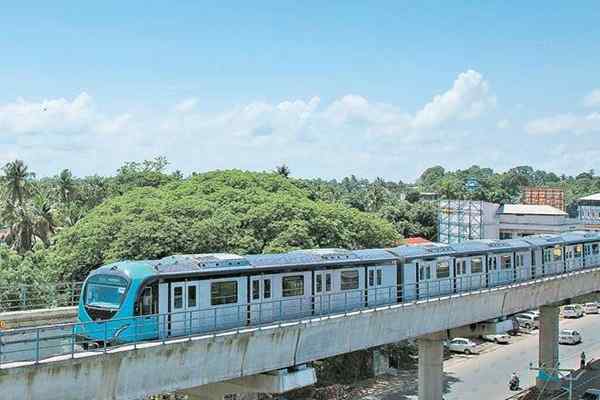 First U-Girder installed on JLN Stadium–Infopark Corridor of Kochi Metro Phase 2
First U-Girder installed on JLN Stadium–Infopark Corridor of Kochi Metro Phase 2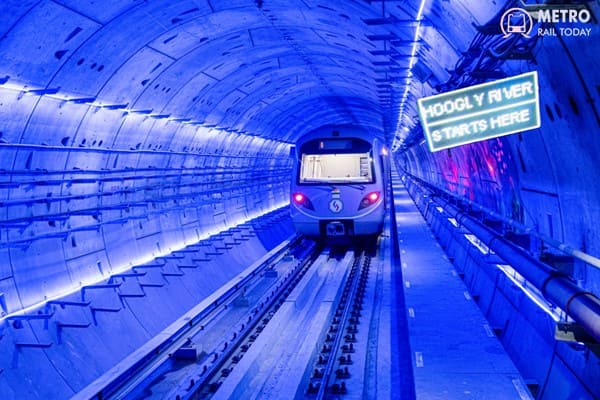 Kolkata Metro Marks 41 Years of Service to the City of Joy
Kolkata Metro Marks 41 Years of Service to the City of Joy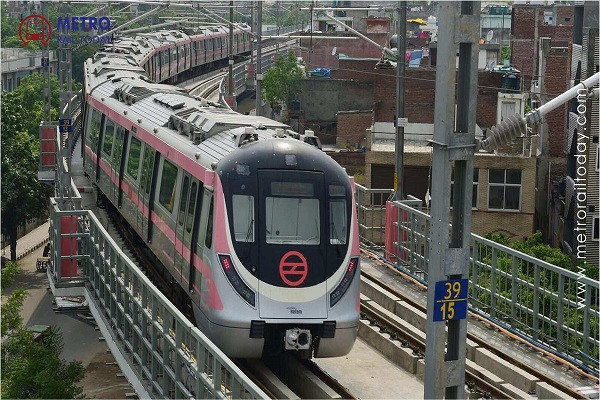 DMRC to introduce Driverless Trains on Delhi Metro Phase 4 Corridors
DMRC to introduce Driverless Trains on Delhi Metro Phase 4 Corridors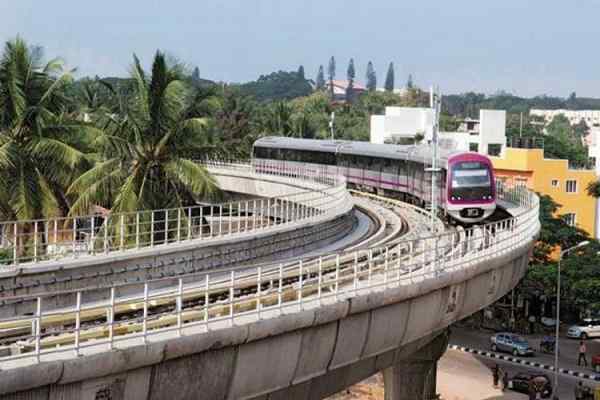 Karnataka proposes Centre of Excellence for Railways and Mobility Innovation
Karnataka proposes Centre of Excellence for Railways and Mobility Innovation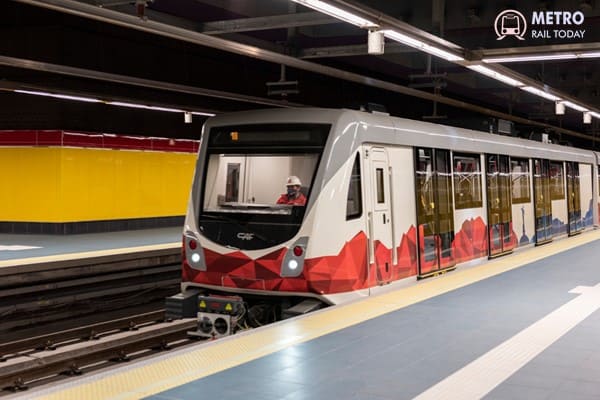 Egypt and Japan approve Greater Cairo Metro Line 4 Project
Egypt and Japan approve Greater Cairo Metro Line 4 Project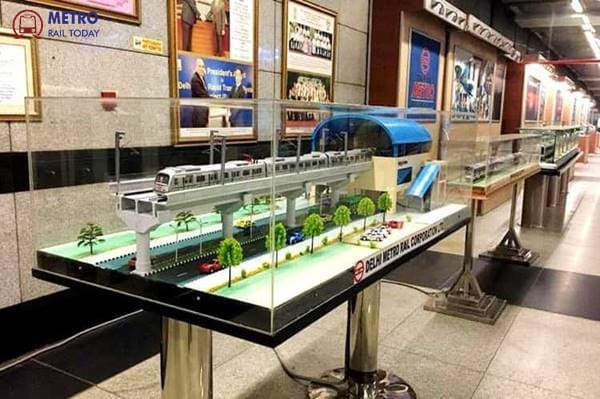 Metro Rail Today continues its legacy as Official Media Partner for 18th Urban Mobility India 2025
Metro Rail Today continues its legacy as Official Media Partner for 18th Urban Mobility India 2025
Bangalore Metro’s Phase 2 hits another delay, Full rollout now pushed to 2027

Bengaluru, India (Metro Rail Today): More than a decade after Bengaluru launched its first metro line, the city’s much-hyped Phase 2 expansion remains a work in progress—with major sections now expected to open only by late 2026 or even 2027, far beyond the initial promise made by then Chief Minister Siddaramaiah in 2018.
Siddaramaiah had confidently announced that the 75.09-km Phase 2 of Namma Metro would be completed by 2020. But seven years later, more than half of the project remains under construction, and officials now estimate full operational status won’t be achieved for at least another two years.
A Metro of Missed Deadlines
The Pink Line, a key part of Phase 2, was originally scheduled to be operational by 2020. That target slipped repeatedly, with the most recent timeline from Bangalore Metro Rail Corporation Limited (BMRCL) suggesting a new deadline of December 2026.
Similarly, the Blue Line—divided into Phase 2A (Silk Board to KR Pura) and 2B (KR Pura to Kempegowda International Airport)—is now a tale of two timelines. While Phase 2A might open between June and September 2025, Phase 2B has been pushed quietly to early 2027, raising eyebrows over the lack of transparency.
Slow Progress and Systemic Bottlenecks
Even as construction inches forward, the delays aren’t just physical—they’re also procedural. BMRCL’s planning process has come under fire for being slow and fragmented. One senior official admitted that Detailed Project Reports (DPRs) are sent in piecemeal fashion, with approvals from the state and union governments taking up to two years or more.
Moreover, changes imposed by political pressures—like integrating a double-decker flyover alongside the metro—have further slowed down progress.
Mobility expert Satya Arikutharam criticized such planning compromises: “Why invest in metro systems to reduce road congestion and then build more car infrastructure underneath?”
Construction Status: Incomplete, Inconsistent
As of now, construction is progressing unevenly:
-
Pink Line: Officially delayed to end of 2026. Prototype trains are expected by mid-2025.
-
Blue Line Phase 2A: Most viaduct and station piers in Package 2 are complete; 13 piers are still pending in Package 1.
-
Blue Line Phase 2B: Only 59% of piers in Package 1 are done, 74% in Package 2, and 96% in Package 3.
-
Station progress: Still sluggish across the board, with track work in early stages—just 0.02% complete in Phase 2B.
Yellow Line: Ready but Train-less
Adding to the mess is the 19.15-km Yellow Line, which has been physically ready for months. But the line hasn't launched because the trains—ordered from Chinese firm CRRC in 2019—were delayed due to a post-Galwan ban on Chinese contractors.
Only two of the 15 trainsets ordered have arrived, with the third expected in May. Until more trains arrive, the Yellow Line will open with limited station stops by July 2025 at the earliest.
More Trains, More Delays
In a bid to fast-track delivery, BMRCL has awarded contracts to BEML and CRRC-Titagarh for new trains across the Pink, Blue, Purple, and Green lines. But train delivery is slow, especially with dependencies on foreign technology. For instance, propulsion systems from Mitsubishi Electric for the Pink Line are reportedly delayed.
Meanwhile, officials have quietly begun preparing a DPR for another 200-250 km of new Metro lines—but given the bureaucratic and technical obstacles, actual construction could be years away.
Why Is This Happening?
A 2022 parliamentary report laid it bare: delays stem from a complex web of land acquisition problems, utility relocation, traffic disruption, environmental hurdles, and over-ambitious projections.
Even now, BMRCL struggles with outdated planning norms, over-promising timelines, and caving to political wishlists, often at the cost of operational efficiency.
While Namma Metro remains Bengaluru’s best bet against its notorious traffic, its execution continues to be plagued by delay, indecision, and a worrying lack of urgency. Despite nearly 14 years of operations, the city has added just 5.2 km of new metro track per year—a dismal pace for India’s Silicon Valley.
Unless major reforms in planning, approvals, and execution take place, future metro phases may be no faster than the last.




